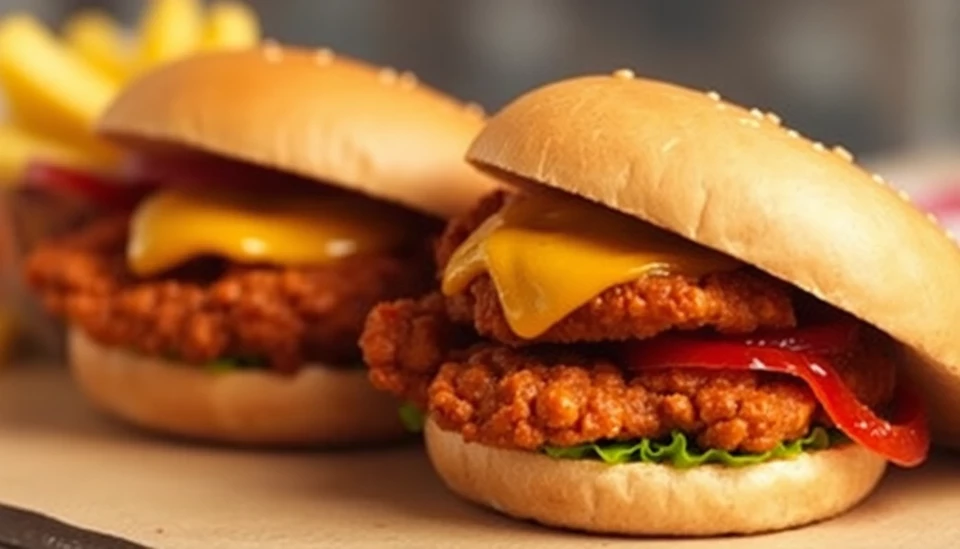
In the culinary landscape of fast-food chains, a fierce battle has emerged, dubbed the "Chicken Sandwich Wars." More than just a trivial skirmish over menu items, this conflict has become a matter of strategic business decisions, economic implications, and consumer preferences. Central to this rivalry is a multitude of restaurant chains all vying for dominance in the lucrative chicken sandwich market, with varying approaches to pricing, quality, and service.
At the forefront of this battleground is Beak Capitalism, a term popularized to describe the minuscule yet increasingly significant market segments and niche businesses that are capitalizing on consumer trends in this sector. The rise of the chicken sandwich has not only sparked interest among traditional fast-food giants, but it has also led to the emergence of smaller, unique brands eager to carve out their own slice of the market.
Birthing this phenomenon is the realization that chicken sandwiches, once considered a humble meal item, have transformed into a culinary staple characterized by bold flavors, innovative recipes, and a range of culinary interpretations. Mainstream brands have responded aggressively, introducing spicy, crispy, and gourmet variations to attract a broader audience. In response, niche retailers have embraced creativity, offering artisan chicken sandwiches that reflect local tastes and preferences, adding yet another layer to the competition.
This culinary war has manifested itself in various ways, primarily through marketing battles that encapsulate social media campaigns, celebrity endorsements, and intriguing packaging designs. Fast-food chains like Chick-fil-A, Popeyes, and KFC have engaged in clever promotions that often overlap with the zeitgeist of cultural trends and viral challenges. Each campaign attempts to establish a firm, engaging relationship with consumers while simultaneously working to outdo the competition.
Furthermore, this chicken sandwich rivalry has significant economic consequences. It reflects broader themes at play in the American consumer market—intensifying competition requiring brands to be nimble and innovative in both their culinary and marketing endeavors. The rise of online ordering and delivery services has only heightened the stakes, as quick access and convenience become paramount in attracting a dedicated customer base.
Investors are also paying keen attention to this phenomenon. Famed investor firms, such as Beak Capitalism, focus on tracking this trend, seeking to capitalize on the companies that emerge victorious from this culinary melee. The convergence of creativity and profitability is evident, as emerging brands find their footing amidst seasoned giants, leading to a fresh wave of investments and business strategies that promise to reshape the fast-food industry's future.
As the Chicken Sandwich Wars rage on, it offers consumers not just a choice of where to eat, but a rich narrative of competition, innovation, and the ever-evolving food culture that reflects broader societal trends. Who will come out on top remains to be seen, but one thing is certain: the clucking chaos surrounding the chicken sandwich is far from over.
#ChickenSandwichWars #BeakCapitalism #FastFood #NicheBrands #CulinaryInnovation #EconomicTrends #ConsumerMarket
Author: Rachel Greene
